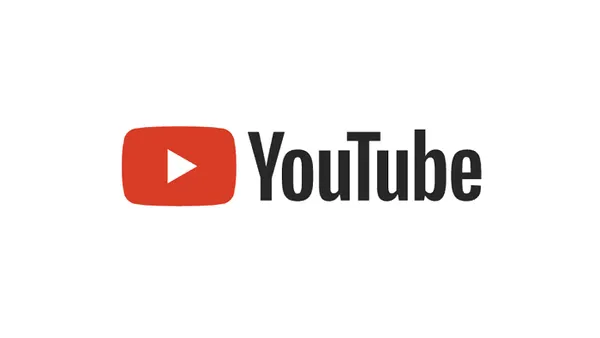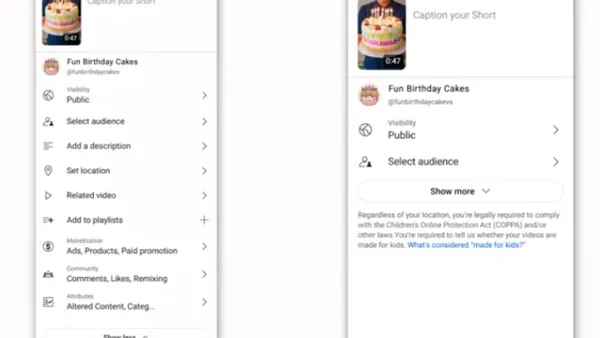When I started reading this story in the New York Times, I thought I was going to read an analysis of how the hell so many prominent new outlets â€" "including U.S. News & World Report, The Daily News in New York, MSNBC.com and The Los Angeles Times" â€" ended up running a bogus story about "toxic" shower curtains that have invaded our homes.
Instead, I was presented with a general-interest newspaper's take on how crafty PR pros can trick journalists into caring about "news" â€" quotes certainly intended, as we all know that anyone who has to resort to this kind of trickery doesn't have much real news going on.
Here's the transition from the "how could they run this story?" lead to the "here's how PR people are sneaky" bulk of the article:
How do stories of this ilk get such bounce from major news organizations?
Those who make their living composing news releases say there is an art to this easily dismissed craft. Strategic word selection can catapult an announcement about a study, a product or a "breakthrough" onto the evening news instead of to its usual destination â€" the spam folder or circular file.
"P.R. people want to invest time in things that are going to get picked up, so they try to put something to the 'who cares?' and 'so what?' test," said Kate Robins, a longtime public relations consultant. "If you say something is first, most, fastest, tallest â€" that's likely to get attention. If you can use the words like 'money,' 'fat,' 'cancer' or 'sex,' you're likely to get some ink in the general audience media."
Think about the recent news stories you seen, read or heard, especially those that pertain to some study or research findings. Robins' words seem as though they hold some truth.
But is it really about trickery? Later on in the Times piece:
Ken Sunshine, the head of a P.R. firm in Manhattan, said he thought the media had an institutional bias against "hype-y terms" like "world renowned" and "once in a lifetime," which he studiously avoids putting in his news releases. "But 'unique' is fine," he said, "if something really is unique."
Um, yeah. I'm pretty sure I could get away with claiming to have the world's nastiest curveball, too â€" uncontested â€" if it were true.
So we're back where we started. Trickery might work occasionally, but really, it's about substance. So how the hell did that story get such coverage? Was it the setting (the news conference was held at New York University Medical Center)? Was it the doctor who led the presentation, bestowing upon the happenings some level of credibility?
Photo courtesy of dullhunk on Flickr. (Frankfurt's "On Bullshit" is a great book, by the way.)
Link to original post









